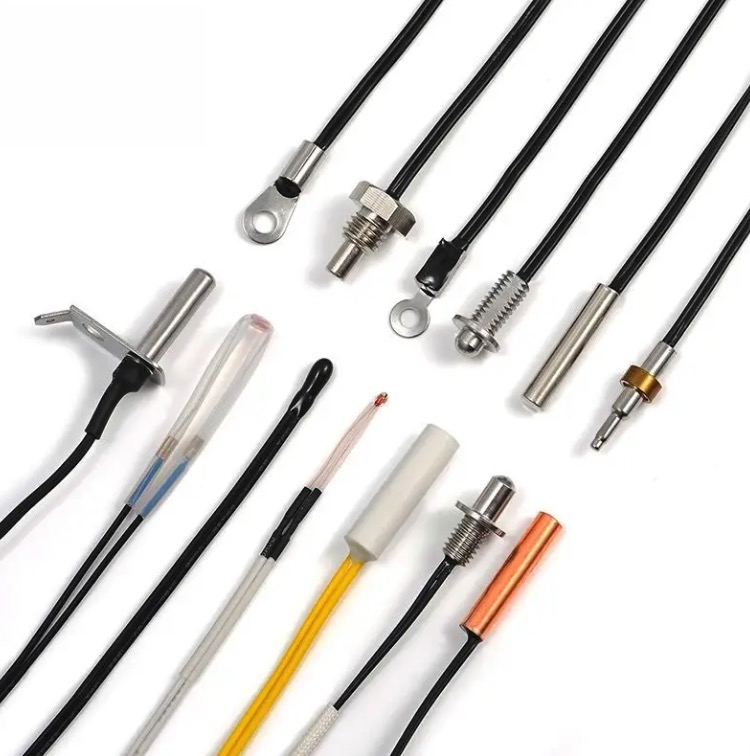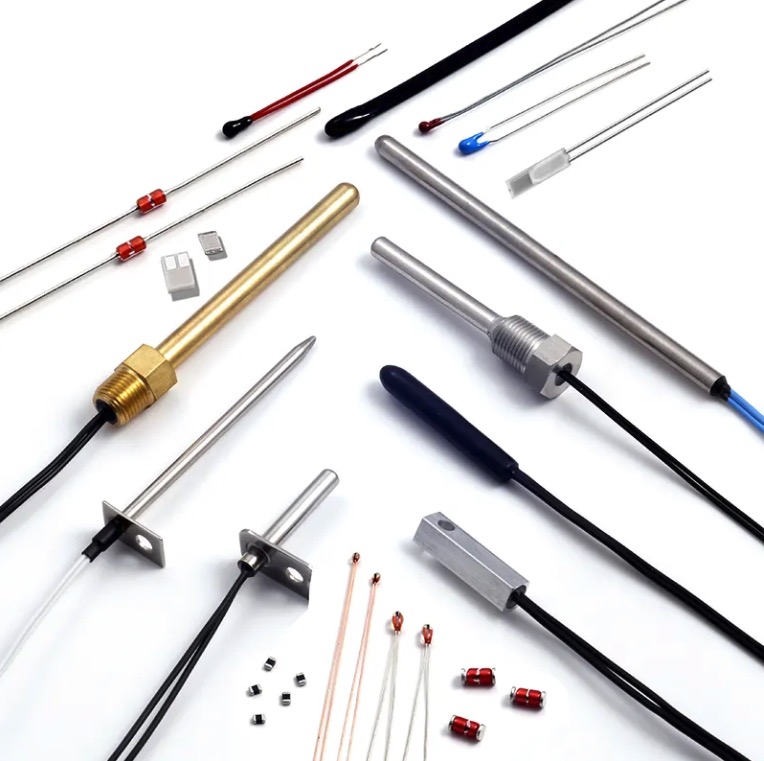Thermal Temperature Sensor: Ensuring Accuracy and Precision in Temperature Measurement
Note: This article explores the importance of thermal temperature sensors in accurate temperature measurement and discusses their applications and benefits.
Table of Contents
- Introduction
- How Thermal Temperature Sensors Work
- Applications of Thermal Temperature Sensors
- Benefits of Using Thermal Temperature Sensors
- Conclusion
Introduction
In today’s world, temperature plays a critical role in various industries and scientific research. Whether it’s monitoring the temperature in industrial processes, ensuring food safety, or conducting medical diagnostics, accurate temperature measurement is crucial. This is where thermal temperature sensors come into the picture.
Thermal temperature sensors are devices that detect and measure temperature variations with great precision. They provide reliable temperature data, enabling businesses and researchers to make informed decisions and take appropriate actions. Let’s delve deeper into how these sensors work and their wide-ranging applications.
How Thermal Temperature Sensors Work
Thermal temperature sensors, also known as thermometers, employ various principles to measure temperature accurately. One commonly used type is the resistance temperature detector (RTD), which operates based on the change in electrical resistance of metals with temperature fluctuations.
Another popular type is the thermocouple, consisting of two different metal wires joined at one end. It utilizes the Seebeck effect, where a voltage is generated when there is a temperature difference between the two ends. This voltage is then correlated to the temperature being measured.
Furthermore, infrared (IR) sensors use non-contact techniques to measure temperature. They detect thermal radiation emitted by objects and convert it into temperature values. IR sensors are widely used in industrial settings, where direct contact with hot surfaces may not be feasible or safe.
Applications of Thermal Temperature Sensors
Thermal temperature sensors find applications in numerous industries and sectors. Here are a few examples:
- Industrial sector: Thermal temperature sensors are essential for monitoring and controlling temperature in processes such as manufacturing, chemical production, and energy generation. They ensure optimal operating conditions and prevent equipment failure.
- Medical field: In hospitals and research laboratories, thermal temperature sensors are used for monitoring patients’ body temperature, pharmaceutical storage, and laboratory experiments. They provide accurate readings for diagnosis and maintaining the integrity of medical supplies.
- Food industry: Maintaining precise temperatures during food processing, storage, and transportation is crucial for quality control and food safety. Thermal temperature sensors help monitor temperature variations and prevent spoilage or contamination.
- Environmental applications: Researchers rely on thermal temperature sensors to study climate change, monitor weather patterns, and analyze ecosystem dynamics. These sensors aid in collecting accurate data for climate models and environmental assessments.
Benefits of Using Thermal Temperature Sensors
The utilization of thermal temperature sensors offers several advantages:
- Accuracy: Thermal temperature sensors provide precise and reliable temperature readings, ensuring accuracy in critical operations and experiments.
- Efficiency: These sensors enable real-time temperature monitoring and control, optimizing processes and reducing energy consumption.
- Flexibility: With various sensor types available, thermal temperature sensors can be adapted to different environments and applications.
- Safety: Non-contact infrared sensors eliminate the risks associated with direct contact with hot or hazardous materials.
- Cost-effectiveness: Thermal temperature sensors offer long-term stability and durability, resulting in cost savings over time.
Conclusion
Thermal temperature sensors play a vital role in ensuring accurate temperature measurement across various industries and scientific fields. From industrial processes to medical diagnostics and environmental research, these sensors provide invaluable data for informed decision-making. Their accuracy, efficiency, and flexibility make them indispensable tools in today’s temperature-dependent world.
So, whether you’re monitoring a chemical reaction, diagnosing an illness, or analyzing climate patterns, remember that thermal temperature sensors are your reliable allies, providing accurate and precise temperature measurements every step of the way.




